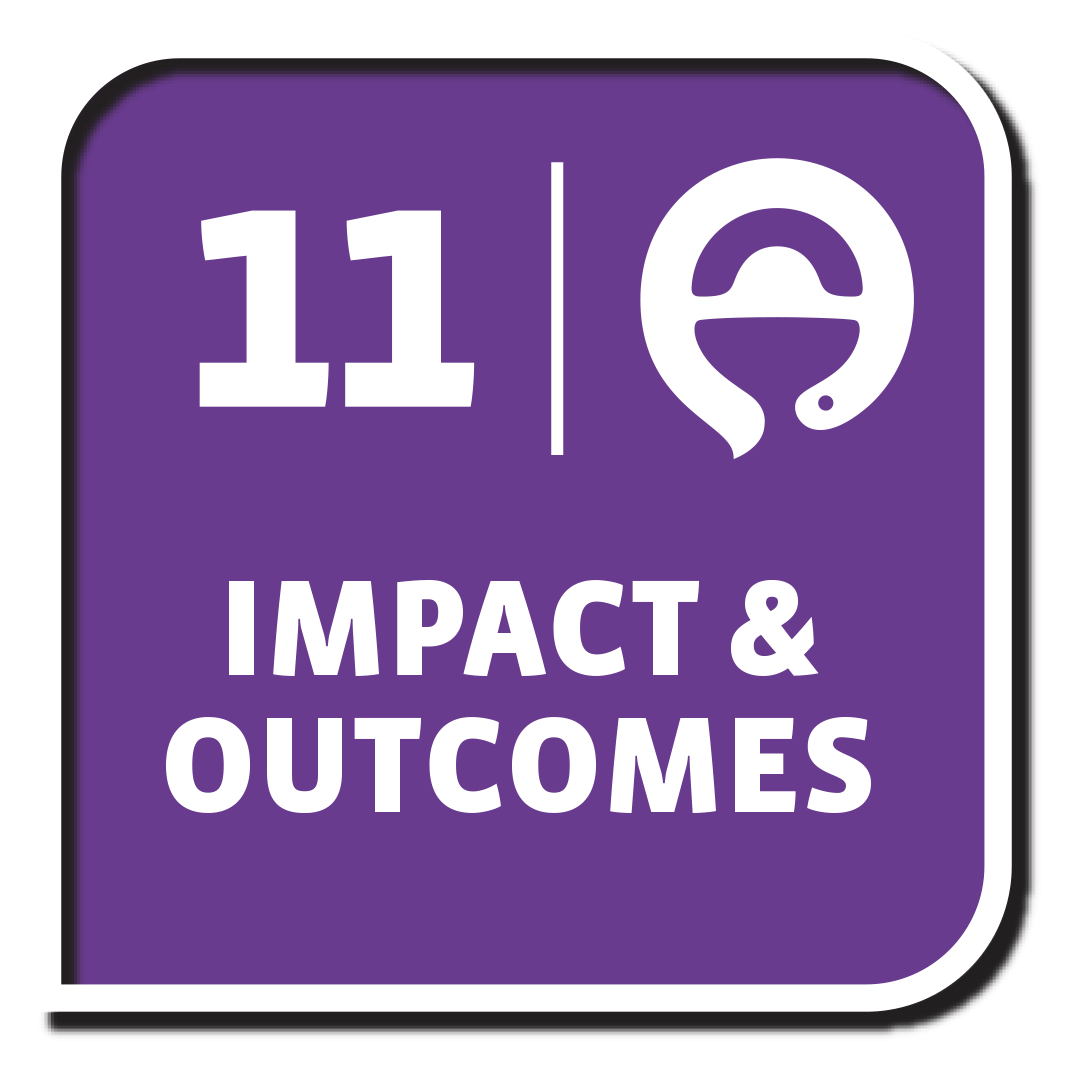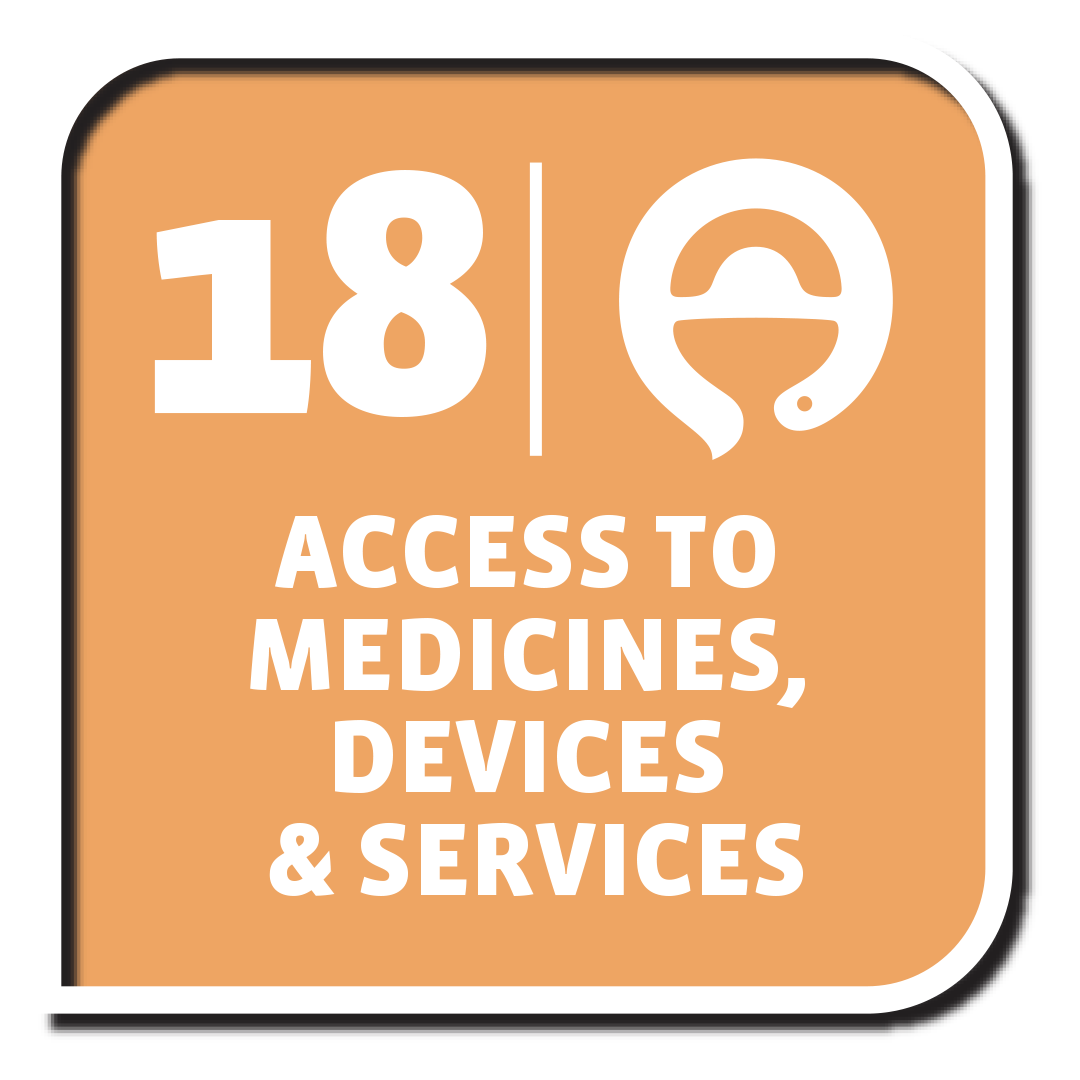PSTU-07 - New biologics and biosimilars: Advances in peptide drug design and GLP-1 agonists
Tracks
Room D2
| Tuesday, September 2, 2025 |
| 14:30 - 16:00 |
| Room D2 |
Details
Organised by the FIP New Medicines SIG in collaboration with the FIP Industrial Pharmacy Section & the FIP Early Career Pharmaceutical Group
Chair(s)
Prof. Takuya Kumamoto, Hiroshima University, FIP New Medicines SIG, Japan & Ms Qurrotul Aini Shodiquna, ECPG, Indonesia
Introduction:
Biologics have made significant strides in recent years, with peptide drugs and GLP-1 (glucagon-like peptide-1) agonists emerging as key areas of innovation. Biologics are complex molecules derived from living organisms and are used to treat a range of diseases, including autoimmune disorders, cancers, and metabolic conditions. Biosimilars, on the other hand, are products that are highly similar to an already-approved reference biologic, offering a more cost-effective alternative.
Peptides, short chains of amino acids, have long been of interest in drug design due to their versatility and ability to target specific biological pathways with high precision. Advances in peptide drug design have led to improved efficacy, stability, and delivery options for therapeutic agents. In particular, peptides can be engineered to bind selectively to receptors or enzymes involved in disease processes, offering targeted treatment with fewer side effects compared to traditional small-molecule drugs.
GLP-1 agonists represent one of the most notable recent breakthroughs in peptide drug development with drugs such as liraglutide, semaglutide and exenatide shown to be highly effective for weight loss and metabolic disease management. As the market for GLP-1 agonists expands, there is a growing demand for biosimilars, offering a more affordable option for patients.
The future of peptide-based drugs and biosimilars holds great potential, providing new hope for patients with chronic conditions and offering new avenues for the treatment of complex diseases. This session will include presentations on peptide drug design as applied to novel biologics and biosimilar development, and the future of GLP-1 drugs. It will also include a presentation on machine-learning-guided development of GLP-1R agonists.
Programme:
Learning objectives:
1. To learn about trends in peptide drug design applied to the development of novel biologics and biosimilars.
2. To learn how machine-learning technologies can optimise biosimilars development to make cutting-edge biologic therapies more accessible and affordable.
3. To understand the safety and effectiveness implications, challenges and perspectives in the development of novel GLP-1 agonists.
Take home messages:
At the end of the session the audience should have gained a broad understanding about the breakthrough technologies, such as peptide drug design, development of GLP-1 agonists and use of machine-learning-based tools in biosimilars development, therefore helping to shape the future of healthcare.
FIP Development Goals:


 To learn more about these FIP Development Goals, click on the links below.
FIP Development Goal 11: Impact and Outcomes
FIP Development Goal 14: Medicines Expertise
FIP Development Goal 18: Access to Medicines, Devices & Services
To learn more about these FIP Development Goals, click on the links below.
FIP Development Goal 11: Impact and Outcomes
FIP Development Goal 14: Medicines Expertise
FIP Development Goal 18: Access to Medicines, Devices & Services
| 14:30 – 14:35 | Introduction by the chairs | |
| 14:35 – 15:05 | Peptide drug design applied to novel biologics and biosimilar development | |
| Prof. Marco Antonio Stephano, Sao Paulo University, Brazil | ||
| 15:05 – 15:35 | Machine-learning-guided development of GLP-1R agonists | |
| Dr. Jens Christian Nielsen, Gubra, Denmark | ||
| 15:35 – 15:55 | Panel discussion | |
| Dr Christopher Surrat, FIP New Medicines Special Interest Group, USA | ||
| Mr Igor L. de Castro, President, FIP Industrial Pharmacy Section, Brazil | ||
| 15:55 – 16:00 | Wrap-up by chairs |
Speakers
Mr Igor Linhares de Castro
Secretary (2024), President (2025)
FIP Industrial Pharmacy Section
Panel discussion
Dr Jens Christian Nielsen
Gubra
Integration of Machine Learning and De Novo Design in Peptide Drug Discovery
